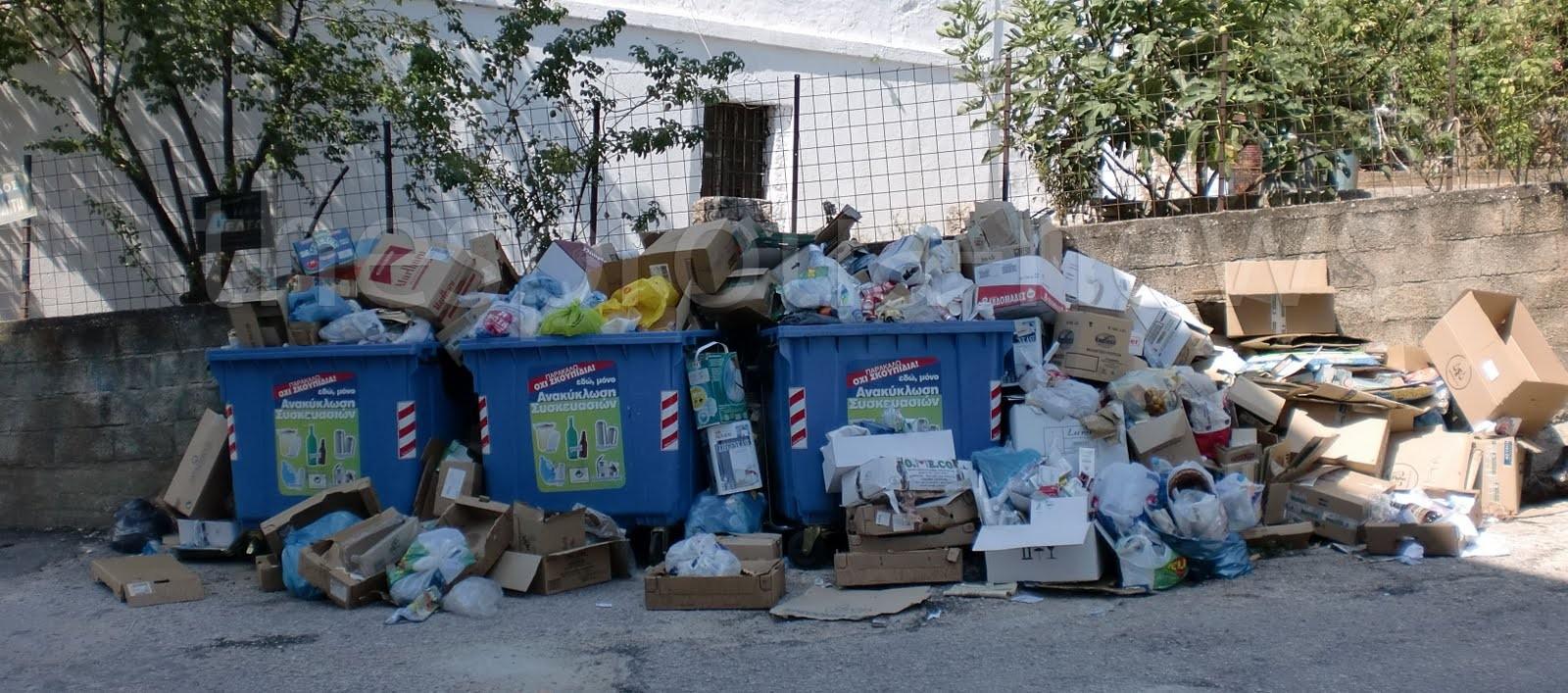The Ministry of Agriculture, Rural Development and Environment of Cyprus has intensified efforts against illegal dumping by combining tougher sanctions with financial and technical support for municipalities. Authorities state that the new rules and doubled fines will make violations unprofitable and help protect vulnerable natural areas, including forests and Natura 2000 sites.
Funding for Clean-Up and the Waste Free Cyprus Program
As part of the Waste Free Cyprus campaign, more than €1 million was allocated in 2024 to clean up 269 illegal dumping sites. In 2025, the budget has been increased to €1,473,370, which will allow for the elimination of around 300 such sites. Special attention is being given to high fire-risk areas, where dumps pose a serious threat to ecosystems.
In addition, 177 municipal employees have been appointed as inspectors. Their task is to monitor compliance with legislation, identify new violations, and prevent the re-emergence of dumps.
Doubled Fines for Illegal Waste Disposal
A key element of the reform is the tightening of penalties. Recently, the Council of Ministers approved amendments to the Waste Law, which provide for fines to be doubled. The maximum penalty that can be imposed on the spot by an inspector has been raised from €4,000 to €8,000.
The Chief Inspector’s authority has also been expanded—he can now impose fines of up to €40,000, compared to the previous €20,000. According to the ministry, the aim of these measures is to make violations economically unviable, reduce the number of illegal dumps, and lower the risk of fires in natural areas.

Ecology and Sustainable Development
The new changes form an important part of national environmental policy. Cyprus, with its growing tourism and agricultural sectors, faces challenges in waste management. Tackling illegal dumping is not only an environmental issue but also one of the country’s image, as it positions itself as a sustainable destination in the Eastern Mediterranean.
Experts believe that higher fines, combined with financial support for municipalities and public awareness campaigns, should significantly reduce violations in the coming years.
